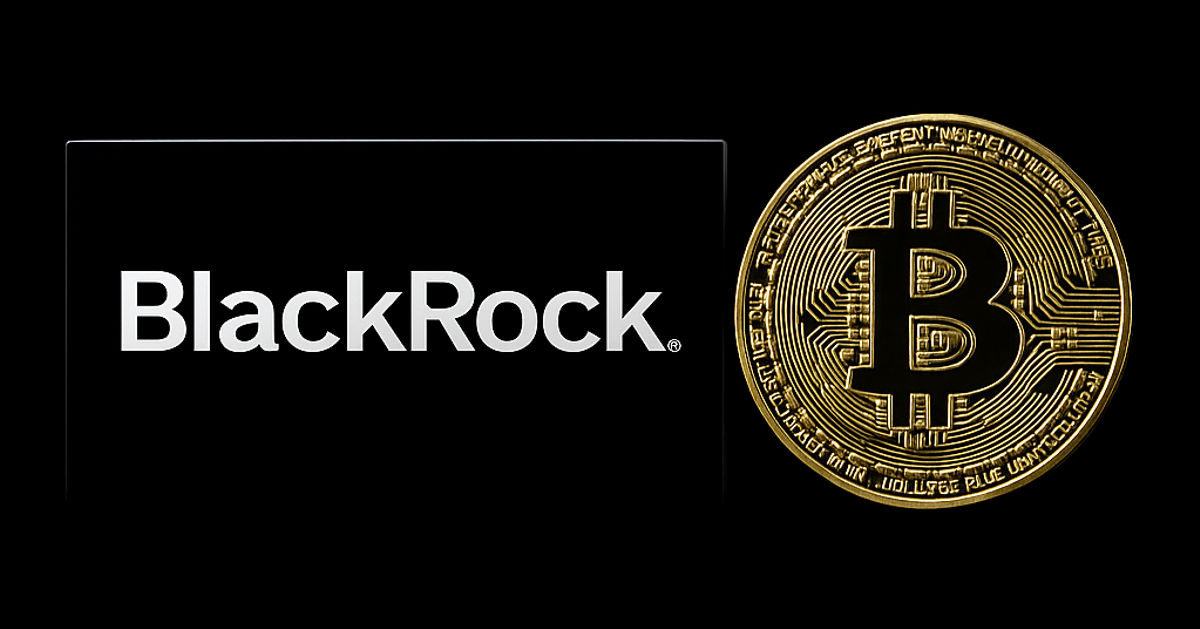Today in crypto, the US Justice Department is moving to forfeit 127,271 Bitcoin, worth about $14.4 billion, tied to a fraud case. Meanwhile, US spot Bitcoin and Ether ETFs started the week with more than $750 million in outflows after Friday’s crash, and Bhutan migrated its national ID system from Polygon to Ethereum.
US gov’t could add $14B to crypto reserves as part of forfeiture case
A US federal court has unsealed a criminal indictment involving a massive fraud scheme that could result in the government increasing its national Bitcoin reserves by $14 billion.
In a Tuesday notice from the US Justice Department, authorities said they had filed a forfeiture complaint against 127,271 Bitcoin (BTC), worth about $14.4 billion at the time of publication. The Bitcoin was tied to an indictment against Chen Zhi, founder and chair of a Cambodia-based company that was allegedly responsible for orchestrating “pig butchering” crypto investment schemes.
The US Department of the Treasury’s Office of Foreign Assets Control sanctioned Zhi’s company, the Prince Holding Group, and its affiliates on the same day the indictment was unsealed.
According to the complaint, the US will seek forfeiture upon Zhi’s conviction in the US District Court for the Eastern District of New York, where he faces charges of wire fraud conspiracy and money laundering conspiracy. The Justice Department said the Bitcoin was “presently in the custody of the US government” amid the criminal case.
If approved by the court following Zhi’s potential conviction, the Bitcoin forfeiture would represent one of the most significant additions of cryptocurrency to the US strategic reserve since its establishment. US President Donald Trump set up national Bitcoin and crypto reserves via executive order in March.
US spot Bitcoin, Ether ETFs shed $755 million after crypto market crash
Spot Bitcoin and Ether ETFs in the United States saw combined outflows of more than $755 million on Monday following record crypto liquidations over the weekend.
Bitcoin (BTC) ETFs recorded a net outflow of $326.52 million, according to SoSoValue data. Fidelity’s Wise Origin Bitcoin Fund (FBTC) saw the largest outflow at $93.28 million, while Grayscale’s Bitcoin Trust (GBTC) recorded a $145.39 million outflow.
Other notable funds, including Ark 21Shares Bitcoin ETF (ARKB) and Bitwise Bitcoin ETF (BITB), also posted daily outflows of $21.12 million and $115.64 million, respectively. However, BlackRock’s iShares Bitcoin Trust (IBIT) saw $60.36 million in inflows.
As of writing, total cumulative inflows remained at $62.44 billion, with total net assets across all spot BTC ETFs reaching $157.18 billion, or 6.81% of Bitcoin’s market cap. Overall, the funds saw $2.71 billion in inflows last week.
Ether (ETH) ETFs registered $428.52 million in outflows on Monday. BlackRock’s iShares Ethereum Trust (ETHA) saw the largest daily outflow of $310.13 million, followed by Grayscale’s Ethereum Trust (ETHE) at $20.99 million, and Fidelity’s Ethereum Fund (FETH) at $19.12 million.
Bhutan migrates its national ID system to Ethereum
The South Asian nation of Bhutan is migrating its self-sovereign ID system to Ethereum from Polygon, allowing its nearly 800,000 residents to verify their identities and access government services.
The integration with Ethereum has been completed, while the migration of all resident credentials is expected to finish by the first quarter of 2026, according to Ethereum Foundation President Aya Miyaguchi.
“It’s deeply inspiring to see a nation commit to empowering its citizens with self-sovereign identity,” Miyaguchi posted to X on Monday, adding that the Ethereum integration was a world-first.
Integrating a blockchain-based solution into a government’s national ID system has long been touted as a promising crypto use case, due to its immutability, transparency and privacy features, particularly when zero-knowledge proofs are implemented.




Leave a Comment